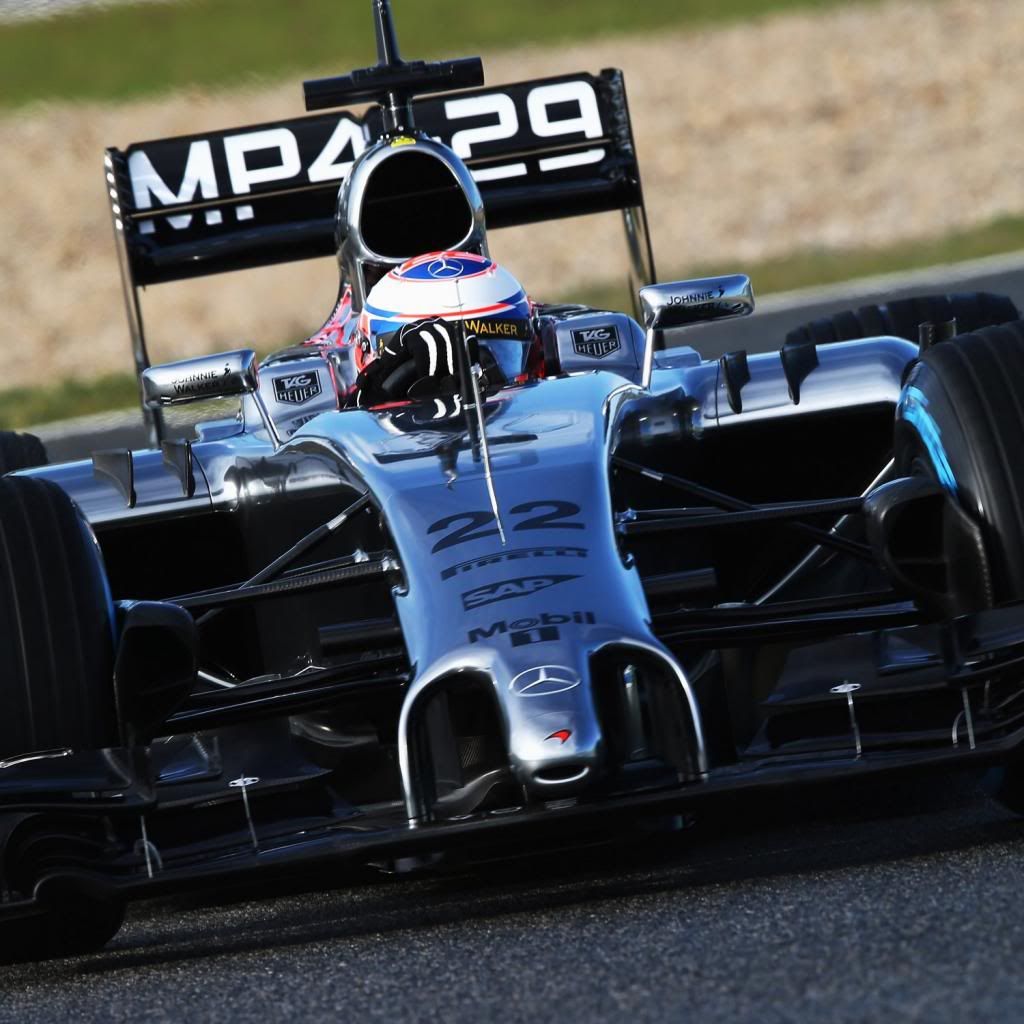johnny99 wrote:Heat transfer is neglible. Most if not all heat is generated by compressing the air.
At boost, the compressor is typically cold enough to transfer heat from the compressed air to the turbocharger.
scarbs wrote:I meant the outer compressor casing is CNC Alu. The turbine casing & HERS appeared to be steel\Ti (?)
Compressor housings in CNC machined aluminum is something you usually doesn't see. Cast aluminum or magnesium is more common, usually combined with a CNC machined compressor wheel, typically from a forged billet of 2000-series aluminum. Titanium are used in some high boost applications due to the heat, but with low boost an aluminum wheel is probably lighter. Turbine housings of racing turbochargers are often made as a thinwall casting in HK30 stainless (a material commonly found in jet engine exhausts) while bearing housings can be made of titanium; Garrett offer that option on the TR30R for instance. The turbine wheel is usually investment cast in Mar-M 247, a directionally solidfied superalloy.
Dragonfly wrote:IIRC Ferrari used ceramic coating for the cylinder walls and pistons in their V10's. I remember reading back then about Shell developing special lubricants as the traditional ones lead to the coating delamination.
Lon time since though, may be wrong.
I think ceramic parts were outlawed with the V8 engine rules.
The cylinderwalls are normally coated with Nikasil or similar, which is silicon carbide in a nickel matrix. Coatings on pistons are normally not ceramic. In F1 DLC is the standard for pistons these days. The ones I've seen have had the crown uncoated, that allows the piston to stand on the crown when being coated. The piston is polished before being coated.
strad wrote:Many years ago, Rand made some pistons for my Triumph that were Teflon impregnated. Not coated but actually a mil into the aluminum. It made for fricton on the order of wet ice on wet ice..I wonder if modern F1 does something similar
One main reason for using teflon tend to be to reduce noise.
hardingfv32 wrote:The Jag/Ford Cosworth V10 piston I have has a green coating on the skirts. Not sure what that would be.
Xylan
http://www.metcoat.com/xylan-coatings.htm
strad wrote:Well WB and other people doubted me...
Holm86 wrote:4 bars at idle? dont believe that....
Ok it wasn't 4 Bar,,it was only 3..I found the tape..
click photo for video
The "idle" they mean is a raised engine speed with the 'umluft' system going.
WhiteBlue wrote:Very unlikely in my view. Waste gates may not even exist on those designs because any surplus of turbine power over the compressor demand would be sapped by the MGUH. The MGUH is supposed to contribute 90 kW to the motive power. If they have a waste gate at all it would merely be a safety feature.
You still have to deal with the possebility of turbine choke at high engine speed. Make the turbine large enough to offer a low expasion ratio (less exhaust backpressure) at high speed and the expansion ratio can be a bit too low at lower engine speeds. So a wastegate can still be needed.







